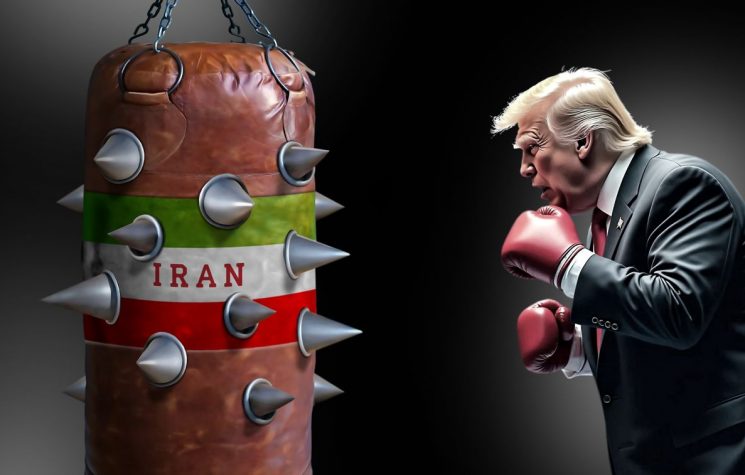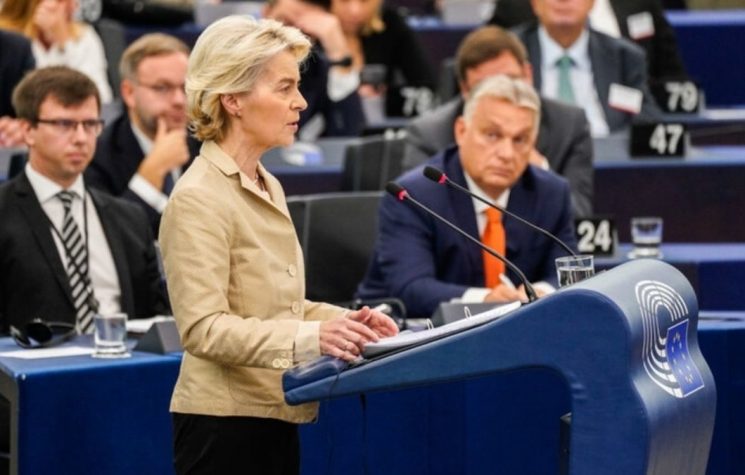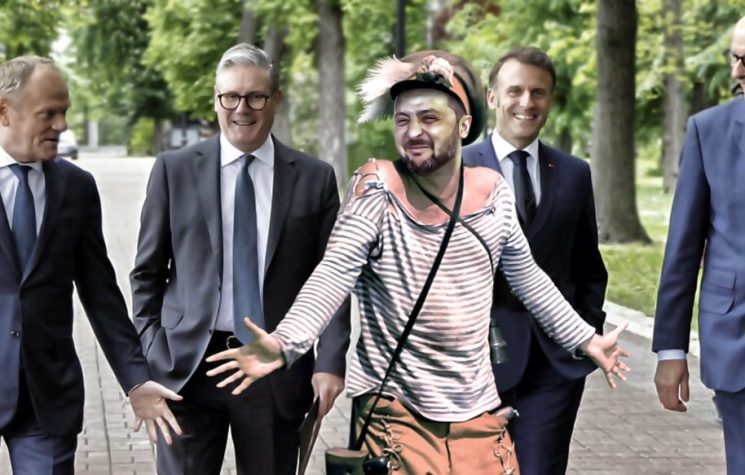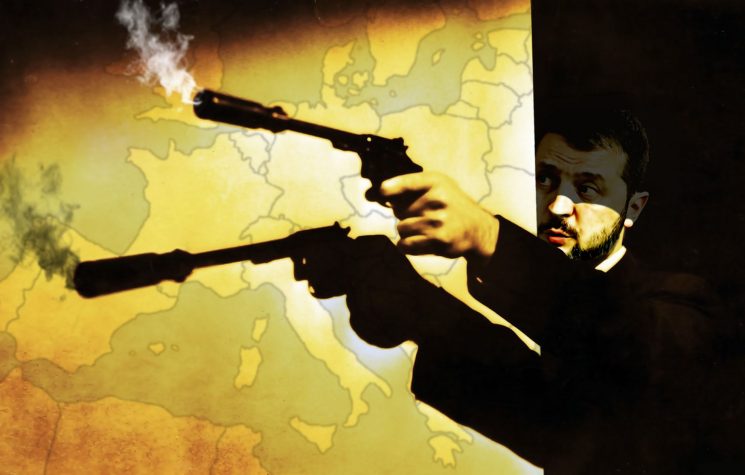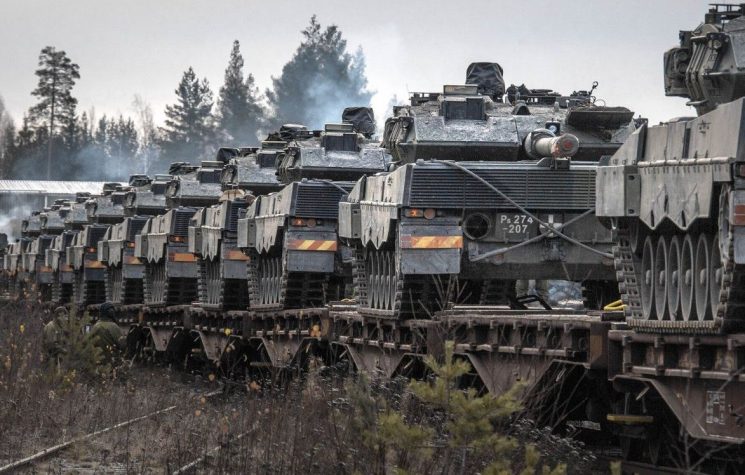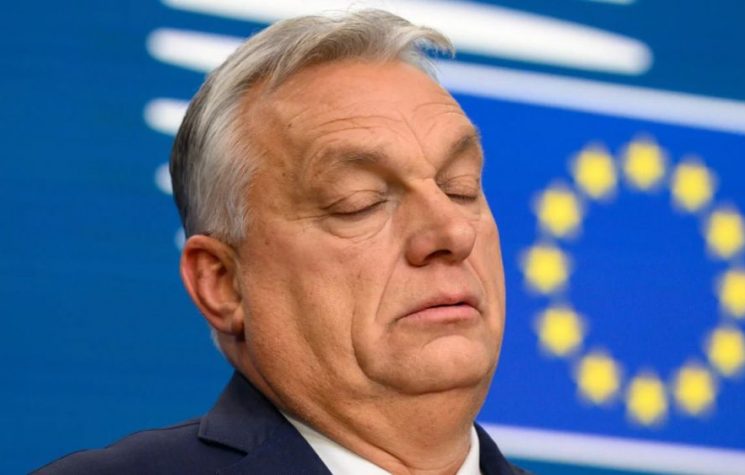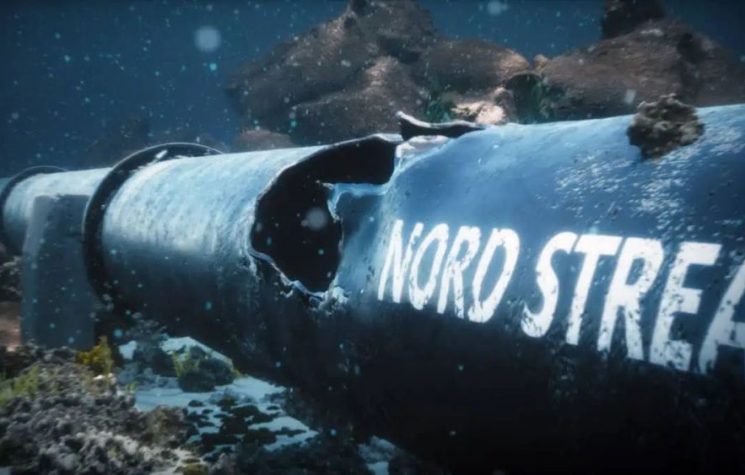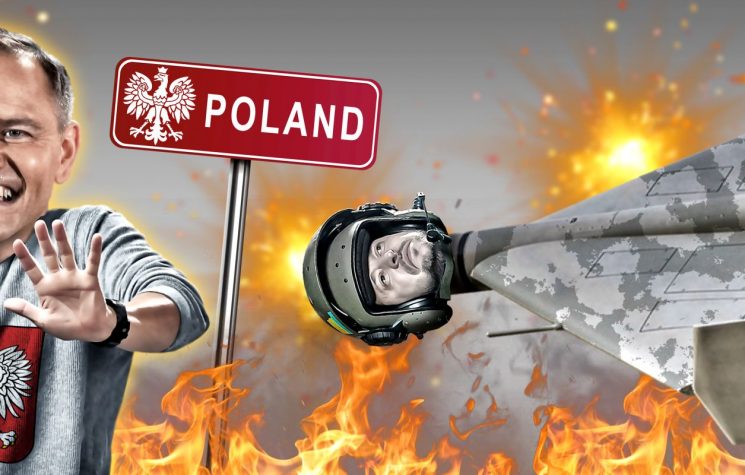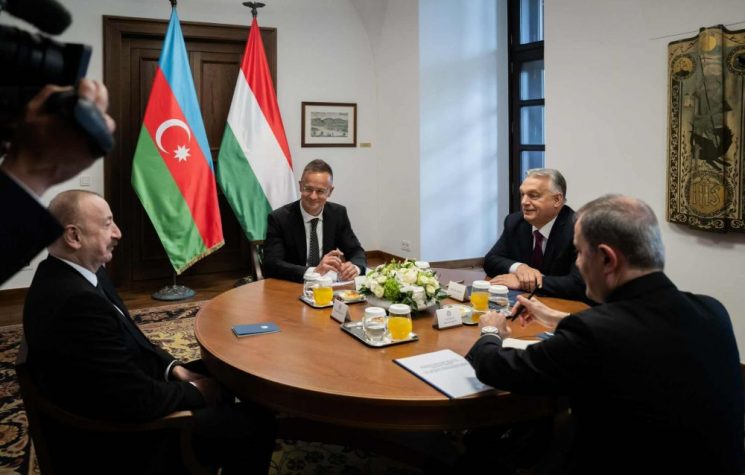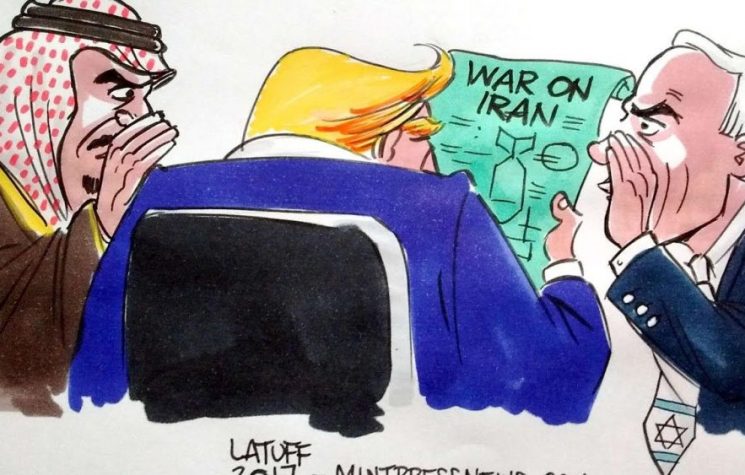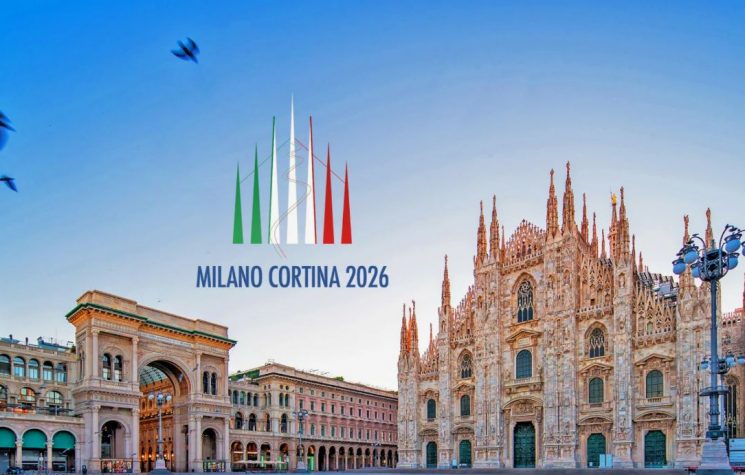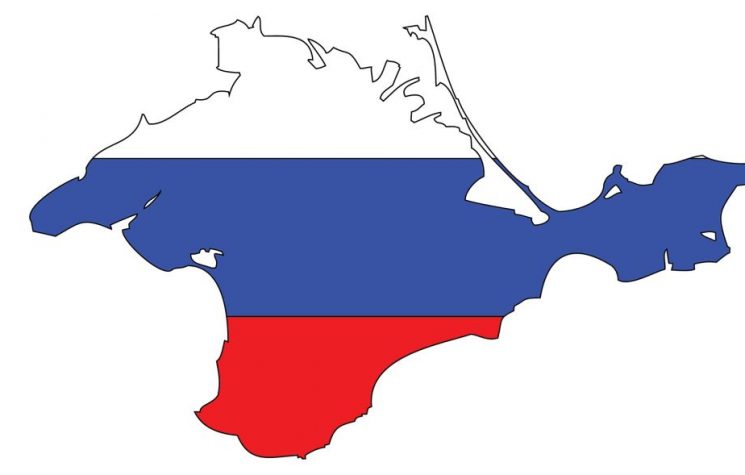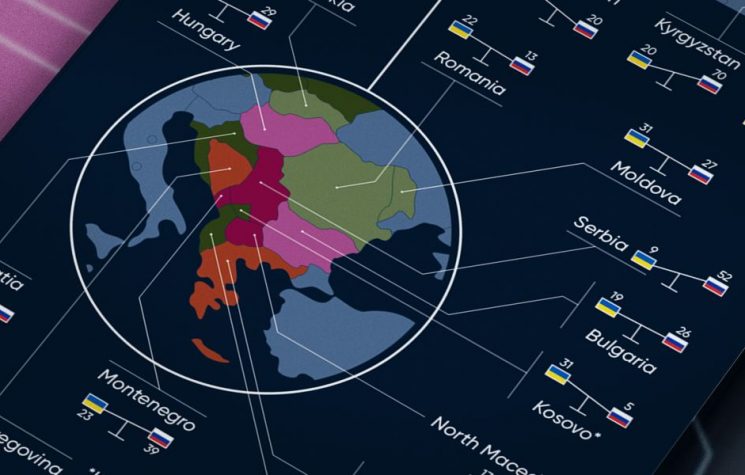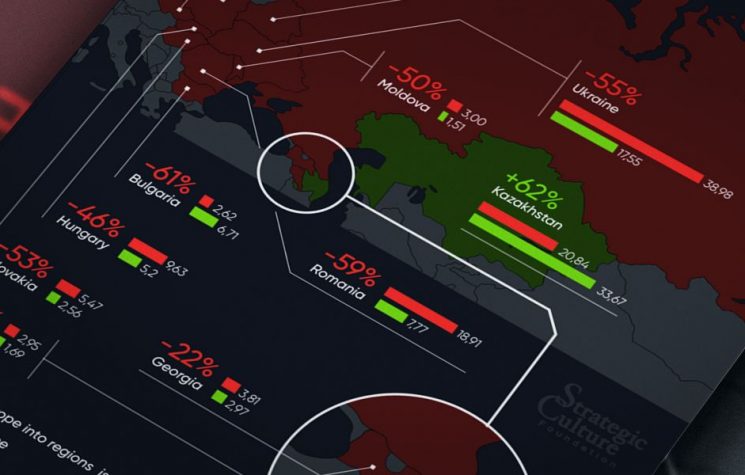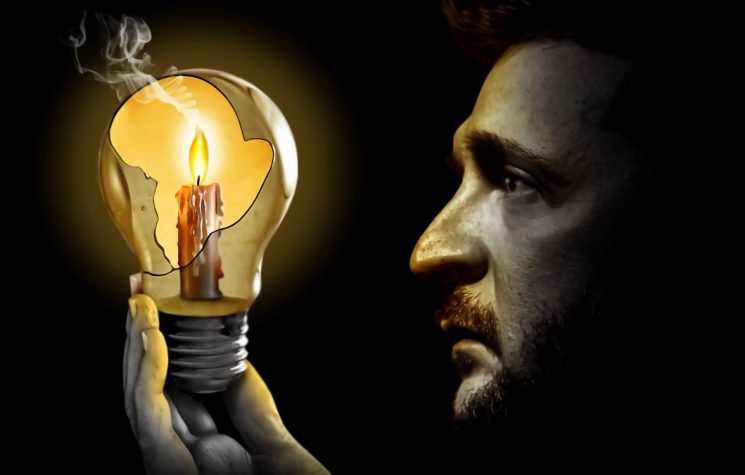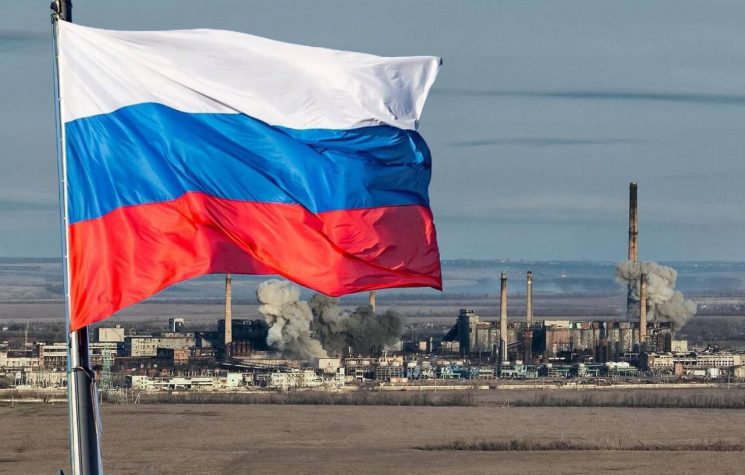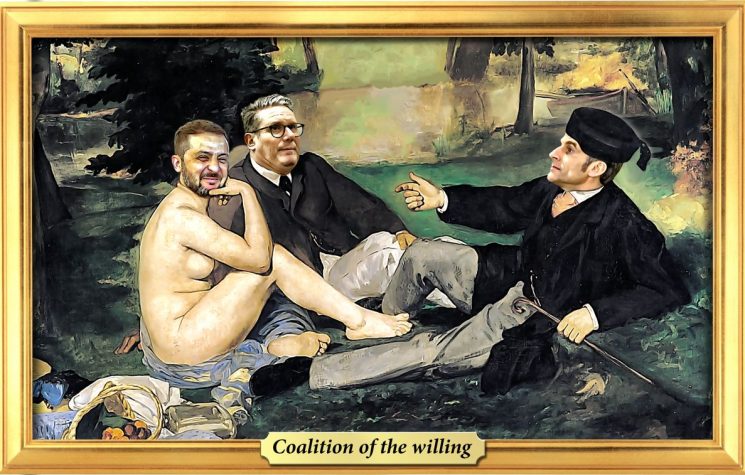Ukraine must choose: embrace diplomatic precision and compromise, or keep testing the patience of its allies.
Join us on Telegram![]() , Twitter
, Twitter![]() , and VK
, and VK![]() .
.
Contact us: info@strategic-culture.su
Ukraine has earned genuine sympathy for its battlefield resilience. Yet foreign policy is not built solely on defiance; it also demands subtlety and finesse. In recent months, Kiev’s disputes with neighbors—most notably Poland and Hungary—have reached a level too serious to overlook. Europe continues to back Ukraine, but support is not an open-ended charity.
Poland: Historical Wounds and Security Fatigue
The Volhynia massacres remain a raw nerve in Polish-Ukrainian relations. During his visit to Warsaw in January, Prime Minister Donald Tusk stressed the need for an “institutional solution,” while Kiev’s decision to allow exhumations was seen less as a breakthrough and more as a temporary softening.
Meanwhile, “Ukraine fatigue” has been steadily growing in Poland. Economic strains, migration pressures, and the war’s endless drag have eroded the early wave of public solidarity. Domestic politics is seeping into foreign policy, as opposition figures capitalize on voter impatience. Recent cross-border drone incidents and airspace violations have only heightened Poland’s security anxieties.
On September 15, a drone was “neutralized” over government zones in Warsaw, with two Belarusian suspects arrested. The episode triggered alarm in Poland, while Kiev’s call for a joint European air defense added further tension. Such incidents widen rifts between allies, exposing their diverging threat perceptions.
Hungary: The minority question as leverage
Hungary has wielded the fate of the Hungarian minority in Transcarpathia as a blunt instrument against Kiev. Budapest insists on protecting education and language rights, linking the issue directly to Ukraine’s EU aspirations. By threatening vetoes, Prime Minister Viktor Orbán has not only imposed heavy diplomatic costs on Ukraine but also undermined solidarity within Brussels.
The standoff escalated further in spring 2025, when the two countries expelled diplomats amid espionage allegations. Kiev accused Budapest of intelligence activities, which Hungary flatly denied. Trust, already fragile, has since dwindled.
Orbán has gone further still, blocking financial and political packages for Ukraine inside the EU and spicing his obstruction with dramatic rhetoric—at one point warning that support for Kiev could “ruin Europe.” Such moves amplify Brussels’ crisis of confidence.
What these fault lines reveal
Kiev’s diplomacy, blunt and impatient, underestimates the weight of historical grievances. The Volhynia massacre, deeply embedded in Poland’s national memory, cannot be brushed aside with quick fixes. For Warsaw, historical reckoning is not a sideshow but the foundation of trust.
Europe’s “limitless generosity,” it turns out, is a myth. Governments in Paris, Berlin, and Warsaw continue to back Ukraine for strategic reasons, but voters’ fatigue and spiraling costs are narrowing the scope of that support. While the narrative that “Europe still stands with Ukraine” is not false, the shape and pace of that support are increasingly beyond Kiev’s control.
Meanwhile, Hungary’s tactical vetoes are undercutting Ukraine’s EU ambitions. By turning Transcarpathia into a bargaining chip, Budapest is stalling Kiev’s hopes for political momentum in Europe. In its haste to move forward, Ukraine has inadvertently given Orbán room to maneuver.
Zelensky’s team, too, has leaned heavily on what might be called “victimhood diplomacy.” At first, war-time suffering rallied sympathy worldwide. But when sympathy is transformed into a diplomatic entitlement, it quickly loses its power. Emotional appeals may work at home, yet abroad they risk reinforcing the perception of Ukraine as Europe’s “spoiled child.”
The narrowing horizon
Taken together, vetoes, reciprocal expulsions, defense disputes, and rising public fatigue are constraining Ukraine’s international room for maneuver. This does not spell the immediate end of Zelensky’s political lifespan. But unless his diplomacy grows more patient, nuanced, and conciliatory, international backing will inevitably shrink.
Europe continues to support Ukraine, but not unconditionally, and not on Kiev’s terms. Support is driven less by moral solidarity than by elite calculations of security and stability. War trauma and righteous expectations cannot replace diplomatic tact or genuine reconciliation with neighbors.
For Zelensky, the challenge is to convert tactical battlefield victories into strategic foreign-policy gains. Failure to do so will deplete the “patience bank” of his allies. Europe is still helping, yes—but its tolerance for Kiev’s “spoiled child” behavior is wearing thin.
In the end, Ukraine must choose: embrace diplomatic precision and compromise, or keep testing the patience of its allies. If it opts for the latter, Zelensky may soon find himself confronting the most dangerous thresholds of his political career.















